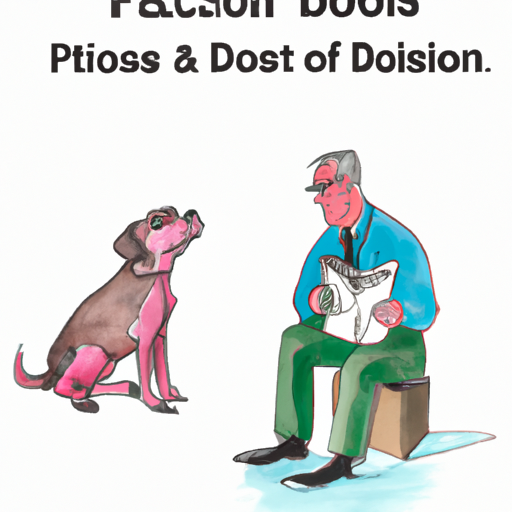As a caregiver, it’s essential for you to be aware of the threats that lurk in the corners of your home, waiting to harm your beloved pets. One such silent threat is rat poison. In this article, we will explore the effects of rat poison on dogs, what symptoms to look out for, and how to handle the situation if your pet ingests this harmful substance.
H2: The Lurking Danger of Rat Poison
Rat poison, also known as rodenticide, is a common household item that poses a serious threat to dogs. Dogs are naturally curious creatures and may accidentally ingest this poison, leading to severe health complications. The poison works by disrupting the normal function of the dog’s body, causing a variety of symptoms ranging from mild to fatal.
Rat poison primarily comes in three types:
- Anticoagulant rodenticides
- Bromethalin-based rodenticides
- Cholecalciferol rodenticides
Each type affects your dog differently, but all are extremely dangerous.
H2: Recognizing the Symptoms
The symptoms of rat poison ingestion can vary greatly, depending on the type of poison, the amount ingested, and the size of your dog. Here are some common symptoms to watch out for:
- Sudden weakness or lethargy
- Difficulty breathing
- Pale gums
- Coughing up blood
- Internal or external bleeding
- Seizures
If you notice any of these symptoms in your dog, it’s crucial to seek veterinary help immediately.
H2: Handling the Situation
If you suspect that your dog has ingested rat poison, time is of the essence. Here’s what you should do:
- Keep calm: Your pet needs you to stay composed and act swiftly.
- Remove your dog from the area: Ensure they can’t ingest any more of the poison.
- Contact your vet: Describe the situation in detail. If possible, provide information about the type of poison ingested.
- Follow your vet’s instructions: They may advise you to induce vomiting or come in immediately.
H2: Prevention is Better than Cure
Preventing your dog from accessing rat poison is the best way to protect them. Here are some tips:
- Store rat poison in a locked cabinet or out of your dog’s reach.
- Use alternative pest control methods that are pet-friendly.
- Train your dog to avoid certain areas or not to eat unknown substances.
H2: FAQ
Q: How long after ingesting rat poison will a dog show symptoms?
A: Symptoms can appear anywhere from 2 hours to several days after ingestion, depending on the type of poison.
Q: Can a dog survive after ingesting rat poison?
A: Yes, with immediate and appropriate veterinary treatment, a dog can survive.
Q: What is the treatment for rat poison in dogs?
A: Treatment usually involves inducing vomiting, administering activated charcoal to absorb the poison, and providing supportive care.
Remember, as a caregiver, your vigilance can save your dog’s life. Stay informed, stay aware, and keep your home safe for your furry friends.



